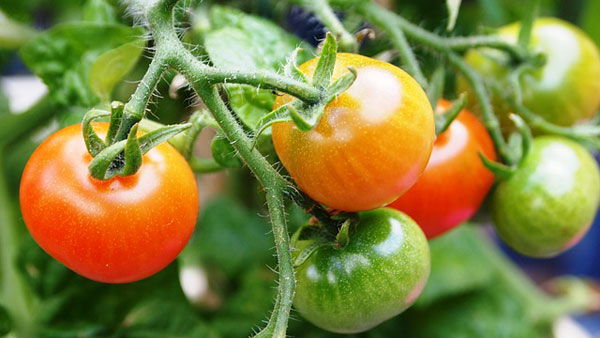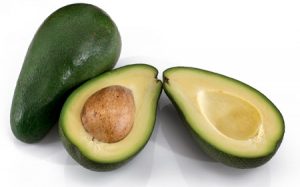The market demand for tomatoes is always high in Kenya. This explains why tomato farming in Kenya is such a profitable business idea. Tomatoes grow very fast. Most tomato varieties in Kenya such as the Anna F1 reach maturity 60-75 days after transplanting.
A well grown tomato fruit can weigh more than 150 grams and give a yield of more than 30 tonnes per acre. One can eat the tomatoes while fresh, cook them as vegetables, add to salads or get the processed tomatoes.
Provide warm conditions with average humidity to make more money with tomato farming in Kenya. Extremely high temperatures will lead to lower yields. In addition, excessive humidity will increase susceptibility to tomato diseases such as the bacterial wilt.
Tomatoes belong to the Solanaceae (Nightshade family) together with pilipili hoho. Avoid planting tomatoes (including the nursery) where the other members of the Nightshade family have previously been grown within the last 3 years. They include capsicum (peppers), potatoes, and eggplants. This is to reduce the risk of various Nightshade-family diseases such as the Fusarium wilt.
How to Make Money Through Tomato Farming in Kenya
Tomatoes require warm temperature, moderate humidity and well-drained soil. Follow the following tips to make money through tomato farming in Kenya.

- Practice greenhouse tomato farming: Tomatoes are highly susceptible to pests and diseases. These include bacterial wilt, fusarium wilt, tomato mosaic virus and grey leaf spot. Tomato pests include nematodes and birds. Plant your tomatoes in a greenhouse to reduce diseases and pests attacks. Use drip irrigation to maximize water use and deliver nutrients. Increase the temperature since tomato varieties such as Faulu perform best under high temperatures. Greenhouses require less labor and are easier to manage.
- Plant the best tomato varieties to make more profit from tomato farming in Kenya: There are many tomato varieties in Kenya. Some tomato varieties such as Money Maker and the Kenya Seed Company‘s Marglobe tomato are best for the fresh market. Roma VF, Rubino and Nema 1400 are tomato varieties that are best suited for processing.
- Maintain good tomato management techniques: Tomatoes need staking to support the weight of the many fruits per each tomato plant. Weeds will compete with your tomato plants for water and nutrients. It is therefore important to maintain a weed-free environment to increase profits with tomato farming in Kenya. Other good management practices include mulching to preserve water, pruning to reduce vegetative growth (that happens at the expense of fruit production) and top-dressing to increase nutrients.
- Do not harvest tomatoes for the fresh market when completely ripe: Tomatoes ripen extremely quickly. You should deliver your tomatoes to the fresh market while slightly un-ripened. Tomato varieties for processing should reach the factory when fully ripe.
Tomato Farming in Kenya: Health Benefits of Tomatoes
The tomato varieties grown under tomato farming in Kenya are a good source of dietary fiber. This means they are good for digestion. They are also high in antioxidants (carotenoids). These include lycopene, vitamin E, ascorbic acid, and various protective phenol compounds such as flavonoids.
Eating more fresh fruits is highly recommended for people who wish to lose weight. Antioxidants prevent many diseases such as cancer. Tomatoes are also rich sources of estrogen. In addition, tomatoes are low in calories and are an excellent source of potassium, vitamins A and vitamin C that are good for male sexual health.
Farming is becoming a lucrative venture in many parts of Africa. Use small scale greenhouse farming to increase tomato yields and profits. Tomatoes that are grown in a greenhouse can yield more than 13 kg per square meter. Tomatoes that are grown outdoors give lower yields of up to 62 tons per acre. Follow these tips to make money through tomato farming in Kenya.
Share On Your Favorite Social Media!
Use the following links to spread the word...



